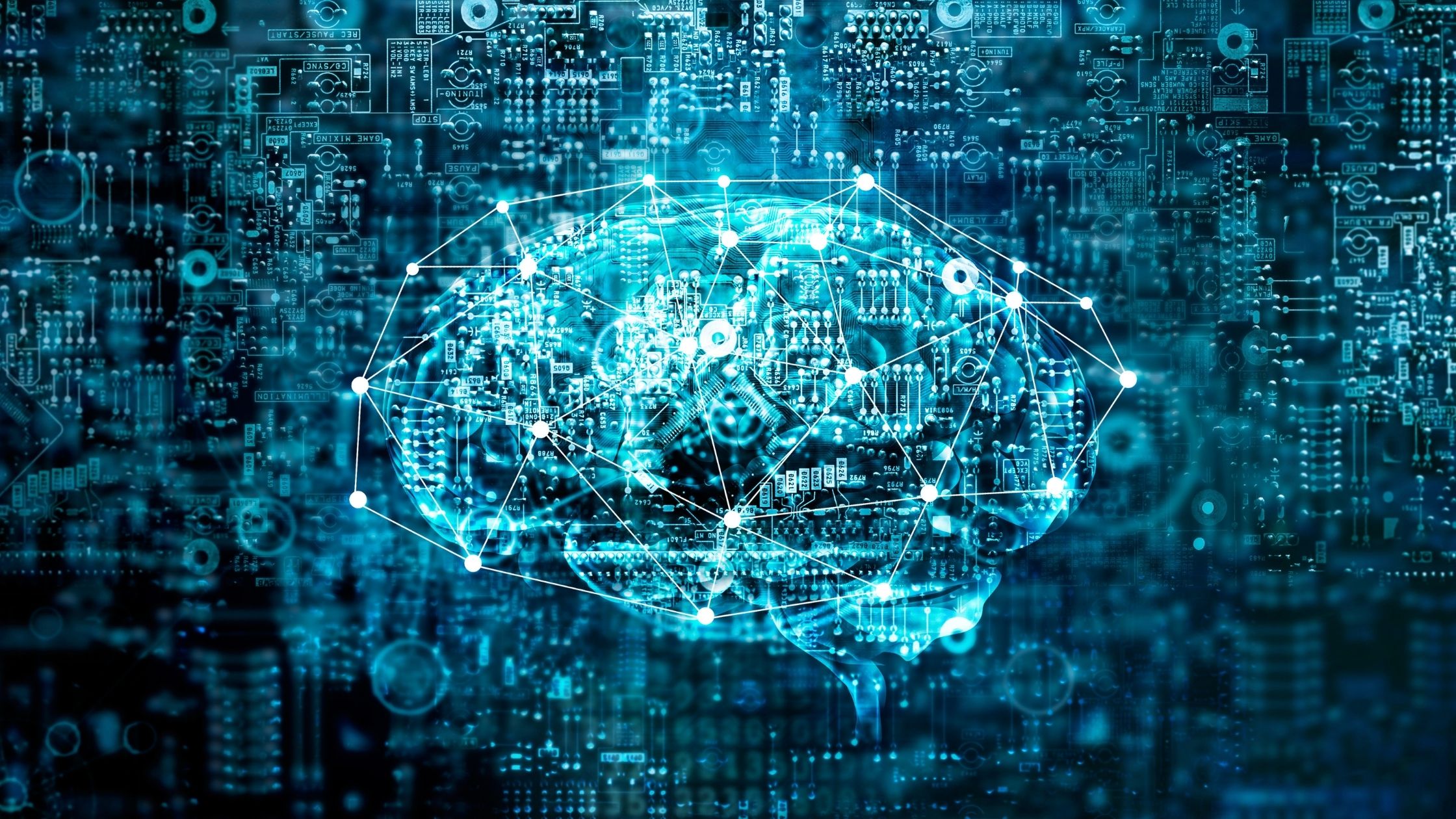The advantages of AI in academia are astonishing. For example, AI makes education more accessible by allowing students to use their smartphones and tablets instead of going to class. Furthermore, AI provides numerous potential for automation and customization. In this blog, we discuss the impact AI can have in education.
Because of automation, educational institutions can save a significant amount of time and devote more time to teaching pupils rather than completing numerous monotonous chores.
According to studies, the application of AI in academia would expand by 47.5 percent by 2021. AI will have an impact on every aspect of education, from elementary school to high school and college.
Automation
To begin with, AI is capable of automating several administrative chores that take a long time to complete manually. Educators must spend far too much time analyzing assignments, grading examinations, and completing other jobs that are frequently automated.
Professors can now spend more time with their students because of significant advancements in automation. Developers are also continually developing new AI-powered systems capable of grading students’ written responses.
Collaboration Between Teachers and Artificial Intelligence
AI is already employed in a variety of educational technologies that focus on skill development, as well as in a variety of testing systems. Educators anticipate that as AI solutions advance, AI will be able to aid in education, allowing teachers and schools to accomplish much more.
AI not only has the potential to streamline and boost the efficiency of many administrative chores, but it also opens up new avenues for personalization. AI advancements mean that teachers will be able to give a better learning experience while focusing on activities that machines cannot assist with.
Personalization
When you watch Netflix, you are interacting with a cutting-edge algorithm that gives individualized recommendations. A similar approach is employed in many other fields, and its educational potential is difficult to exaggerate. Traditional educational techniques are unified and aim to provide all students with the same learning experience.
In practice, however, traditional approaches only reach roughly 80% of students. The best 10% of students are unable to fulfill their full potential, while the worst 10% struggle to meet academic standards. AI enables teachers to deliver a tailored learning experience for their students. For example, AI can personalize tests and in-class tasks.
Intelligent Content
Smart content is another interesting topic linked with the usage of AI. Robots are already capable of producing several types of digital content. However, one of the primary benefits of AI for content creation is the ability to construct personalized learning digital interfaces.
AI systems can also reduce instructional content into brief study guides. Students can use such tools to read chapter summaries, take quick tests, and acquire flashcards to help them memorize important material on a specific topic.
Accessibility for All
Accessibility is one of the most significant difficulties in the education sector. AI enables instructors to make learning more accessible to all pupils, including those who speak foreign languages and those who have hearing or vision problems. Microsoft, for example, developed an AI-powered plugin called Presentation Translator. This is a PowerPoint plugin that generates real-time subtitles for presentations.
Everything a teacher says is instantly translated into multiple languages, allowing the teacher to work with a larger audience. These types of solutions are also beneficial for students who are unable to attend classes due to illness. AI can also assist kids who need to learn at a different pace.

Leave a Reply